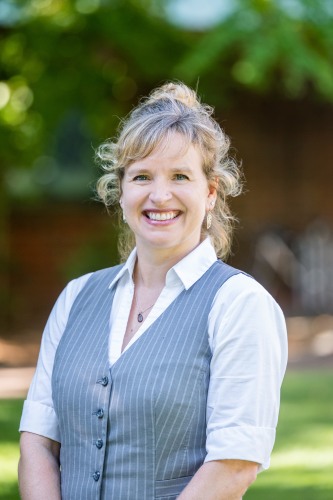News from Brown
Stalwart Mars camera snaps image of interstellar comet 3I/Atlas
A Brown University researcher helps to lead the science team for NASA’s HiRISE camera, which caught images of the comet as it streaked past Mars.
Read Article
